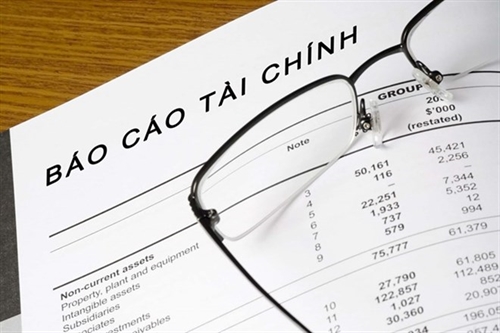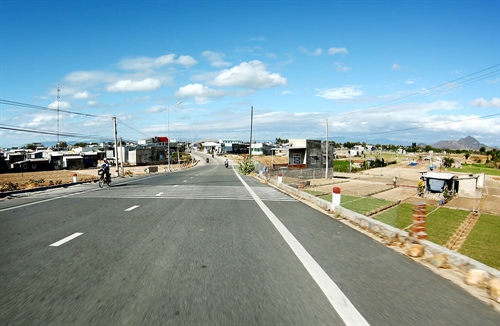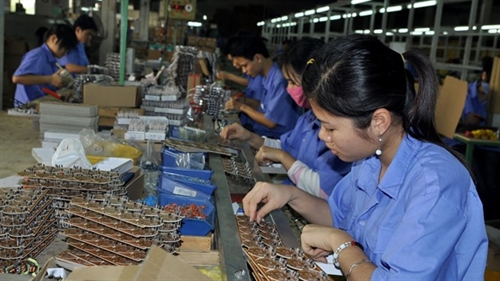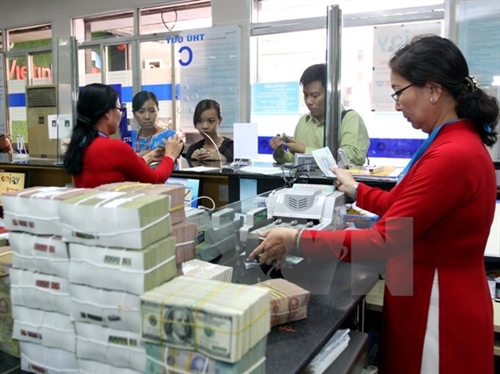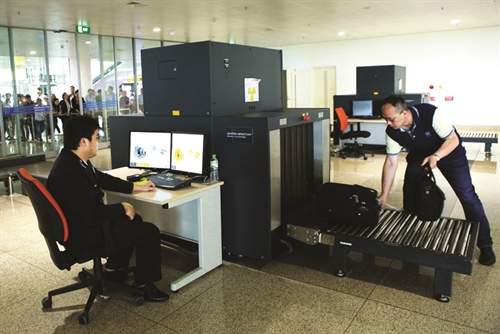As from January 1, 2018, foreign workers in Vietnam would be required to pay premiums for three among five social insurance regimes, namely sickness, maternity and occupational disease.
 |
| Foreign workers in Ben Thanh Rubber Joint-Stock Company__Photo: Internet |
Meanwhile, the two remaining regimes, retirement and survivorship, would become compulsory for foreigners working in the country in 2020 or 2022.
These are salient points of a draft decree on social insurance for foreign workers in Vietnam prepared by the Ministry of Labor, War Invalids and Social Affairs (MOLISA) to guide the implementation of the 2014 Law on Social Insurance’s provisions applicable to foreign workers.
Under the 2014 Law on Social Insurance, which comes into force on January 1 this year, foreigners working in Vietnam with work permits, practice certificates or practice licenses granted by Vietnamese authorities are subject to compulsory social insurance. However, Deputy Director of the MOLISA’s Social Insurance Department Tran Hai Nam told the Dau Tu newspaper that the draft decree would narrow down the coverage of compulsory social insurance to only foreigners working for local businesses under employment contracts of six months or one year.
“This means that a relatively large number of subjects, including dispatched workers, volunteer workers, and specialists and workers on short-term employment, would be excluded,” he added.
In response to a comment that new regulations on social insurance for foreign workers may lead to an increase in local enterprises’ labor cost, Nam explained that current regulations require employees to set aside an amount to make social insurance contributions for their employees regardless they are covered or not covered by social insurance. For those who are not subject to compulsory social insurance, their employers will include such amount in their salaries. When these employees become liable to social insurance, instead of making payment to them, enterprises will make contributions to the social insurance fund. “So, none can say that the new policy would burden businesses with an additional cost,” Nam said.- (VLLF)
